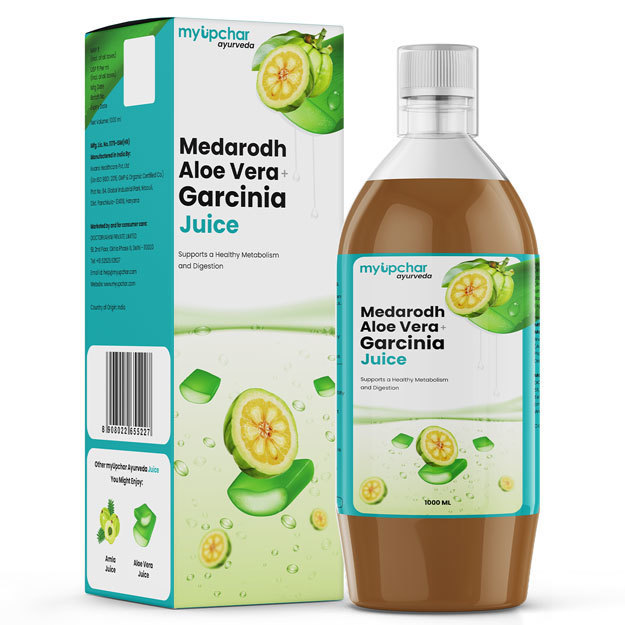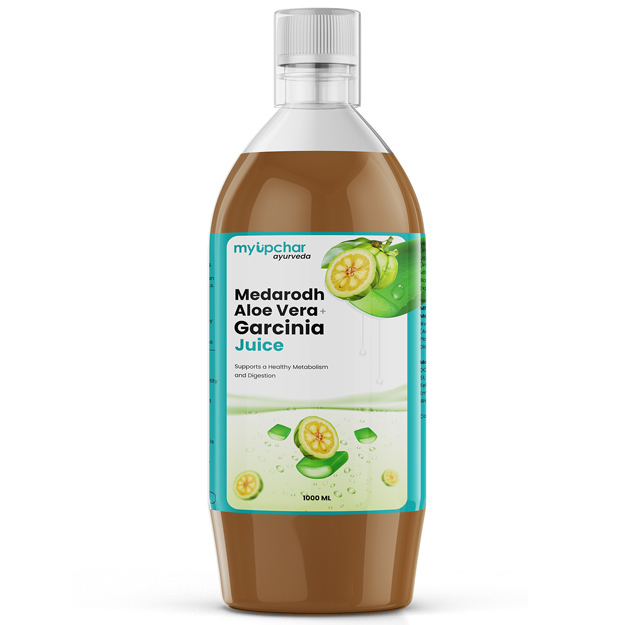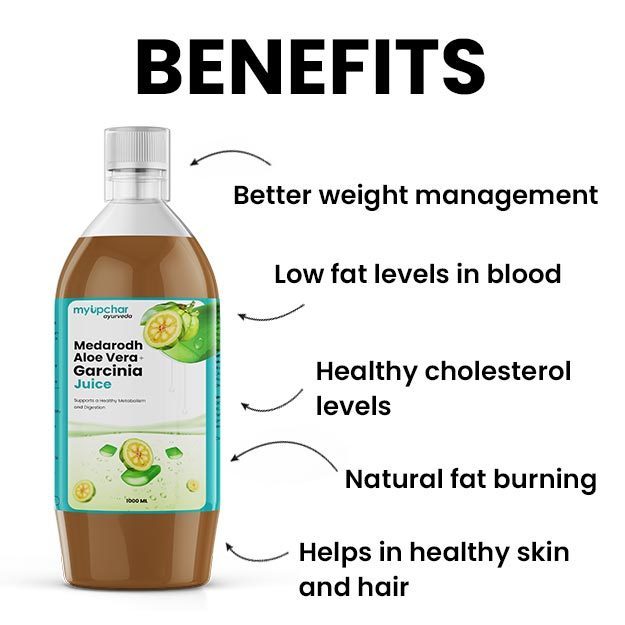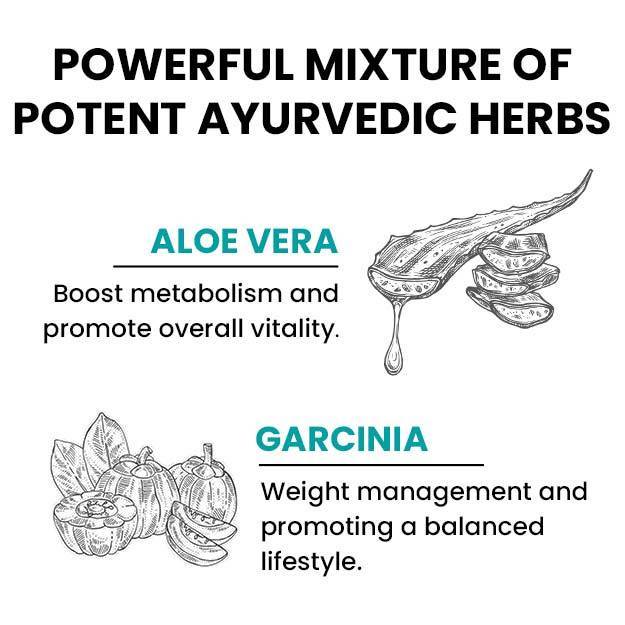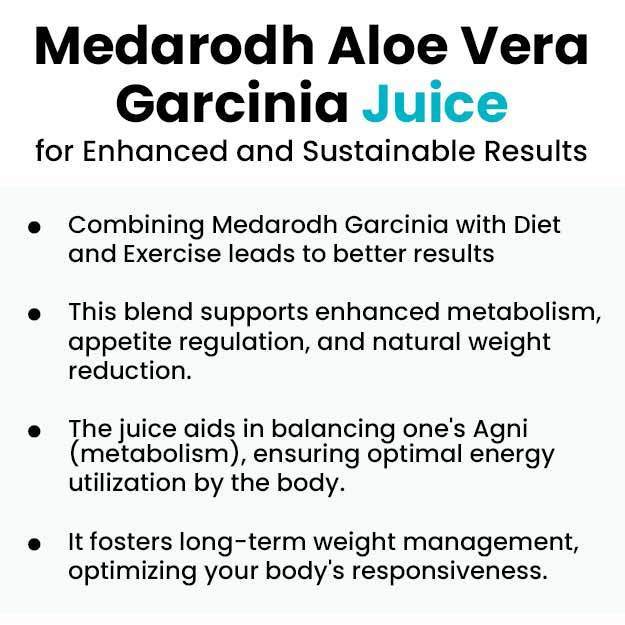Cumin is an aromatic spice belonging to the carrot and parsley family. If you have a love for international cuisine or you are just a food lover, you might have noticed that cumin is a common ingredient in many of the best dishes served in eastern Europe and Asia. Cumin rice is a much loved Indian recipe that is commonly prepared in almost every Indian kitchen. In fact, the rich nutty flavour of cumin is the staple eatable in the local cuisine of Morocco.
It might interest you to know that cumin recipes are mentioned in some of the ancient recipe books found in Iraq. However, the use of cumin isn’t restricted to the culinary world. Cumin finds an important place in Folk and ayurvedic medicine for its healing and health building properties. It has long since been used as a galactagogue and antimicrobial in various cultures. According to some historians, cumin was considered an important medicinal spice in ancient Egypt.
Several research studies are now being done to confirm the Ayurvedic uses of cumin seeds. Cumin seeds have been clinically proven to be effective against reducing symptoms of obesity and diabetes. What better than a spice that suits your taste buds and your body?
Did you know?
Cumin plant is an annual herb that can grow up to a height of 1 to 1.5 feet. The smooth stem of cumin is highly branched. It has long compound leaves while the tiny cumin flowers are white or red and are born in clusters on cumin branches. Cumin seeds are long but ovoid and have ridges on their surface.
Some facts about cumin:
- Botanical name: Cuminum cyminum
- Family: Apiaceae
- Common names: Cumin, Jeera, Zira.
- Sanskrit name: Jiraka.
- Parts used: Fruit.
- Native region and geographical distribution: Cumin is a native of Egypt but it is also commonly grown in China, Morocco, and India.
- Energetics: Hot.





